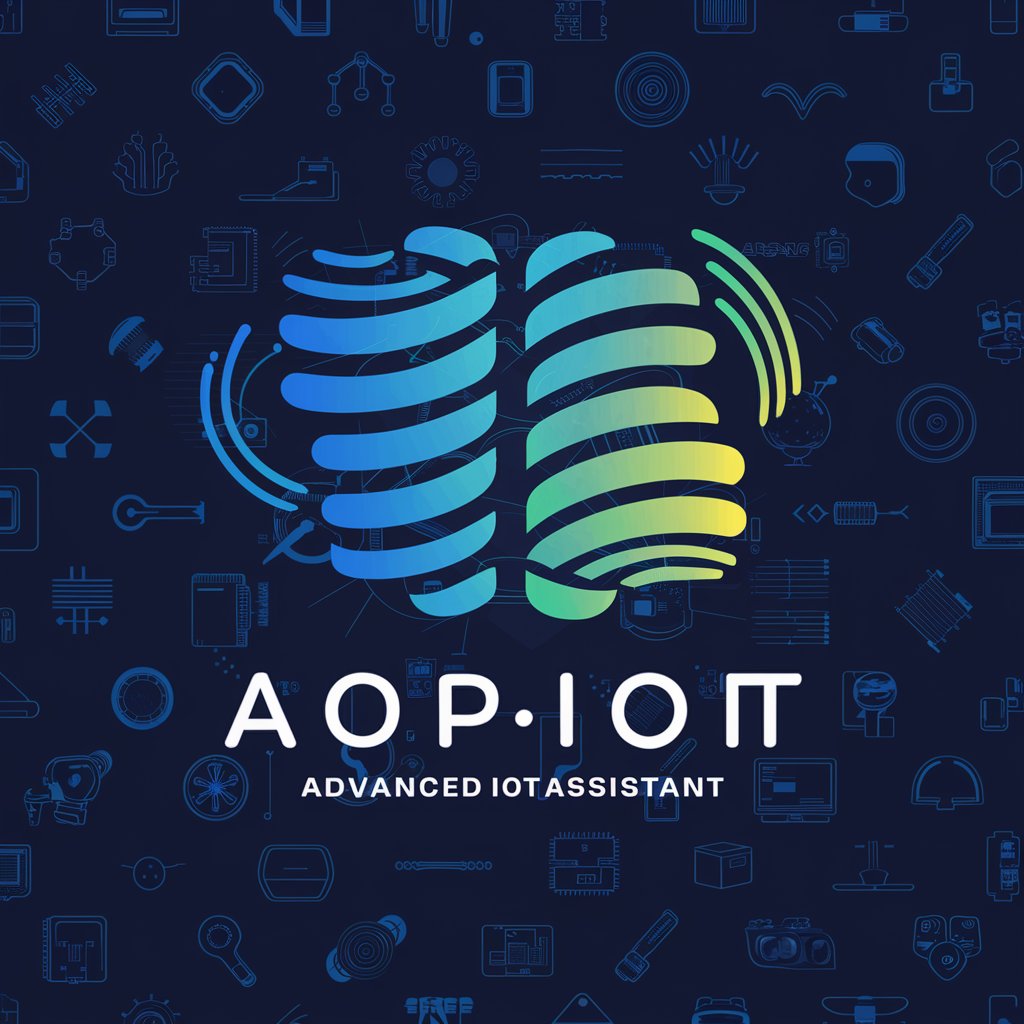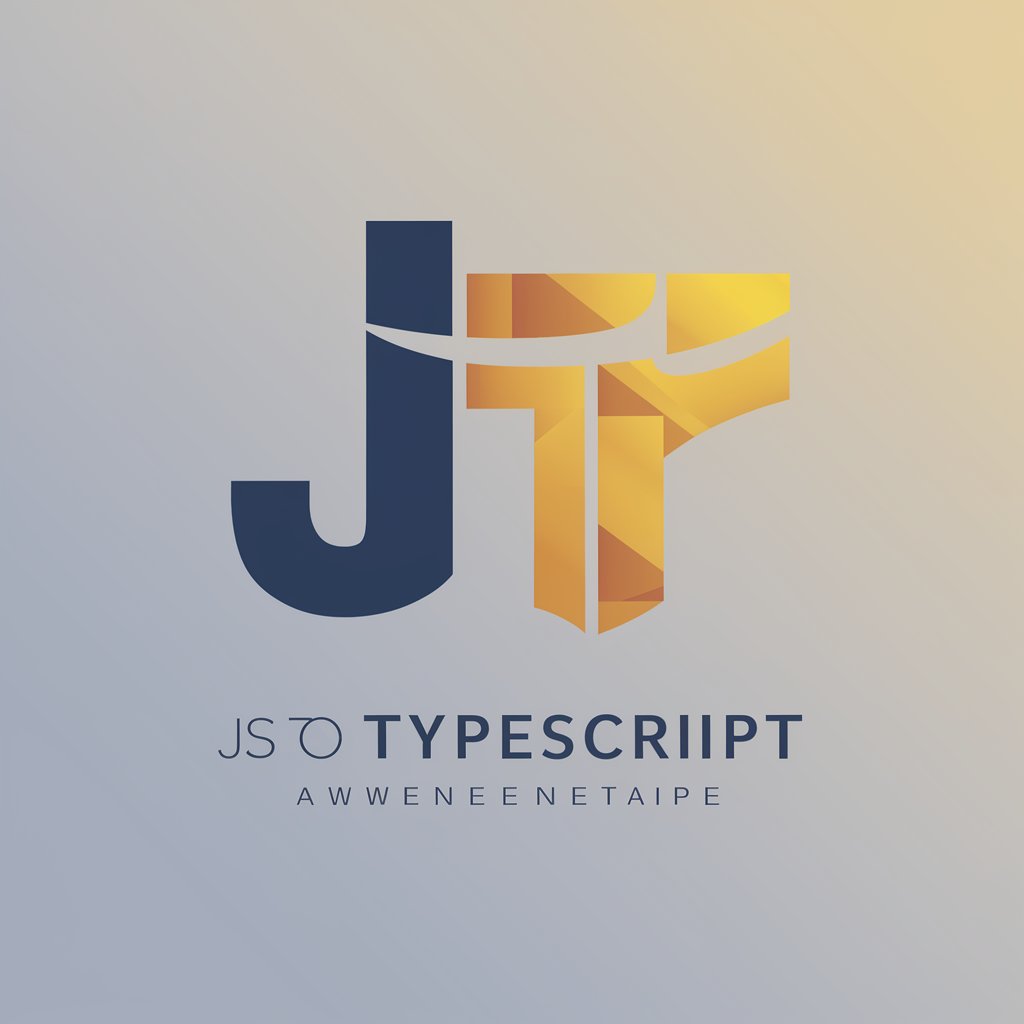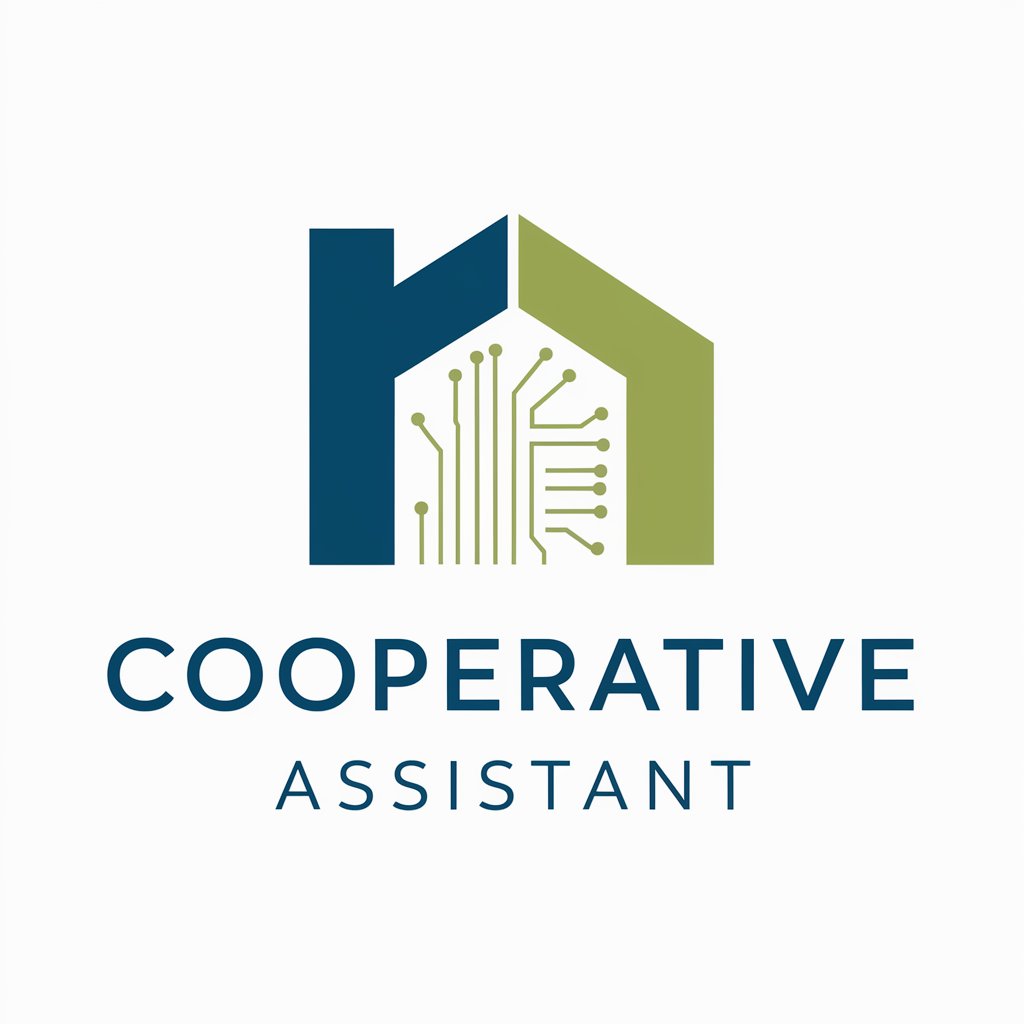RISC-V for IoT Programming Assistant - Open Source IoT Development

Welcome to the ESP32 IoT Coding Assistant!
Empowering IoT innovation with RISC-V
Guide on setting up ESP32-C6 with PlatformIO for IoT projects...
Creating non-blocking LED control with ESP32-C3...
Implementing a BuzzerController class for the ESP32-C6...
Integrating Adafruit_NeoPixel library for RGB LED control on ESP32 devices...
Get Embed Code
Understanding RISC-V for IoT Programming Assistant
RISC-V is an open standard instruction set architecture (ISA) based on the established reduced instruction set computing (RISC) principles. It is designed to be simple, efficient, and scalable for a wide range of processor implementations. The RISC-V ISA has been developed with the modern computational needs in mind, offering features that are particularly beneficial for Internet of Things (IoT) devices. These features include modularity, extensibility, and the ability to tailor the instruction set for specific application needs, which allows for the optimization of power consumption, performance, and area (PPA) in IoT devices. For example, a RISC-V processor can be customized to include only the instructions necessary for a particular IoT application, such as sensor data processing or connectivity management, thereby reducing complexity and improving energy efficiency. Powered by ChatGPT-4o。

Main Functions of RISC-V for IoT Programming Assistant
Custom Instruction Extensions
Example
Adding specialized instructions for cryptography to enhance security in IoT devices.
Scenario
In a smart home security system, RISC-V processors can be customized with instructions that accelerate encryption algorithms, ensuring secure communication between devices while minimizing power consumption.
Power Efficiency Optimization
Example
Implementing low-power operation modes specific to IoT applications.
Scenario
For a wearable health monitoring device, RISC-V enables the creation of ultra-low-power modes that extend battery life, allowing for continuous heart rate and activity tracking without frequent recharging.
Modular ISA
Example
Tailoring the processor to specific IoT applications by including only necessary modules.
Scenario
In an agricultural IoT deployment, processors can be optimized to process sensor data from soil moisture sensors, ignoring unnecessary instructions and peripherals, which simplifies the design and reduces energy consumption.
Ideal Users of RISC-V for IoT Programming Assistant Services
IoT Device Manufacturers
Companies involved in designing and manufacturing IoT devices stand to benefit significantly from RISC-V's flexibility and cost-effectiveness. By utilizing RISC-V, manufacturers can create highly optimized and differentiated products that meet specific market needs.
Embedded System Developers
Developers who specialize in creating software for embedded systems can leverage RISC-V to design efficient, scalable, and secure applications. RISC-V's open nature fosters a vibrant ecosystem of tools and libraries, facilitating development work.
Educational Institutions and Researchers
Academics and researchers can use RISC-V to teach computer architecture and embedded system design principles. Its open and extensible architecture enables students and researchers to experiment with and innovate on processor design and optimization techniques.

Using RISC-V for IoT Programming Assistant
Start Your Journey
Begin by visiting yeschat.ai to access a free trial, offering seamless interaction without the need for login or a ChatGPT Plus subscription.
Understand RISC-V Basics
Familiarize yourself with RISC-V architecture and instruction sets, as these are foundational for developing efficient IoT applications.
Set Up Your Development Environment
Install necessary tools and software, including a RISC-V compiler and IoT development platforms like PlatformIO, tailored for RISC-V based development.
Explore Sample Projects
Examine and experiment with existing RISC-V IoT projects to understand common programming patterns and device integration techniques.
Continuous Learning
Stay updated with the latest RISC-V and IoT trends and advancements through online communities and resources for an optimal programming experience.
Try other advanced and practical GPTs
JS to TypeScript
AI-powered JavaScript to TypeScript Transformation

COIE.AI
Tailoring Job Search to Your Creative Skills

Assistent BRF
Empower your cooperative with AI-driven guidance.

Cell Biology Guide
AI-powered insights into cell biology

Tax Slayer
AI-Powered Tax Scenario Advisor

Peig Sayers
Bringing Literature to Life with AI

Autofocused Beats Mentor
Empowering your music with AI

WEBSTER
Empower Your Web Presence with AI

SEO Webster
Empowering Your SEO with AI

GPT Creation Assistant
Empower Your AI with Customized GPTs

GPT Optimizer
Enhance AI with Precision

Translate Buddy
AI-powered, precise language translation

RISC-V for IoT Programming Assistant Q&A
What is RISC-V and how does it apply to IoT?
RISC-V is an open-source instruction set architecture (ISA) that enables flexible and efficient processor design, crucial for the low-power, high-performance requirements of IoT devices.
Can I use RISC-V for commercial IoT projects?
Yes, RISC-V's open-source nature allows for its use in both academic and commercial projects, providing a cost-effective solution for IoT device development.
How does RISC-V compare to other ISAs for IoT?
RISC-V offers a customizable and scalable solution that can be optimized for specific IoT applications, often resulting in lower power consumption and cost than traditional ISAs.
What development tools are available for RISC-V IoT programming?
A variety of tools including compilers, debuggers, and IDEs like Eclipse for RISC-V, PlatformIO, and others are available to support RISC-V IoT development.
Are there any community resources for learning RISC-V IoT programming?
Yes, the RISC-V community offers extensive resources including online forums, documentation, tutorials, and workshops to help developers learn and innovate with RISC-V in IoT.
